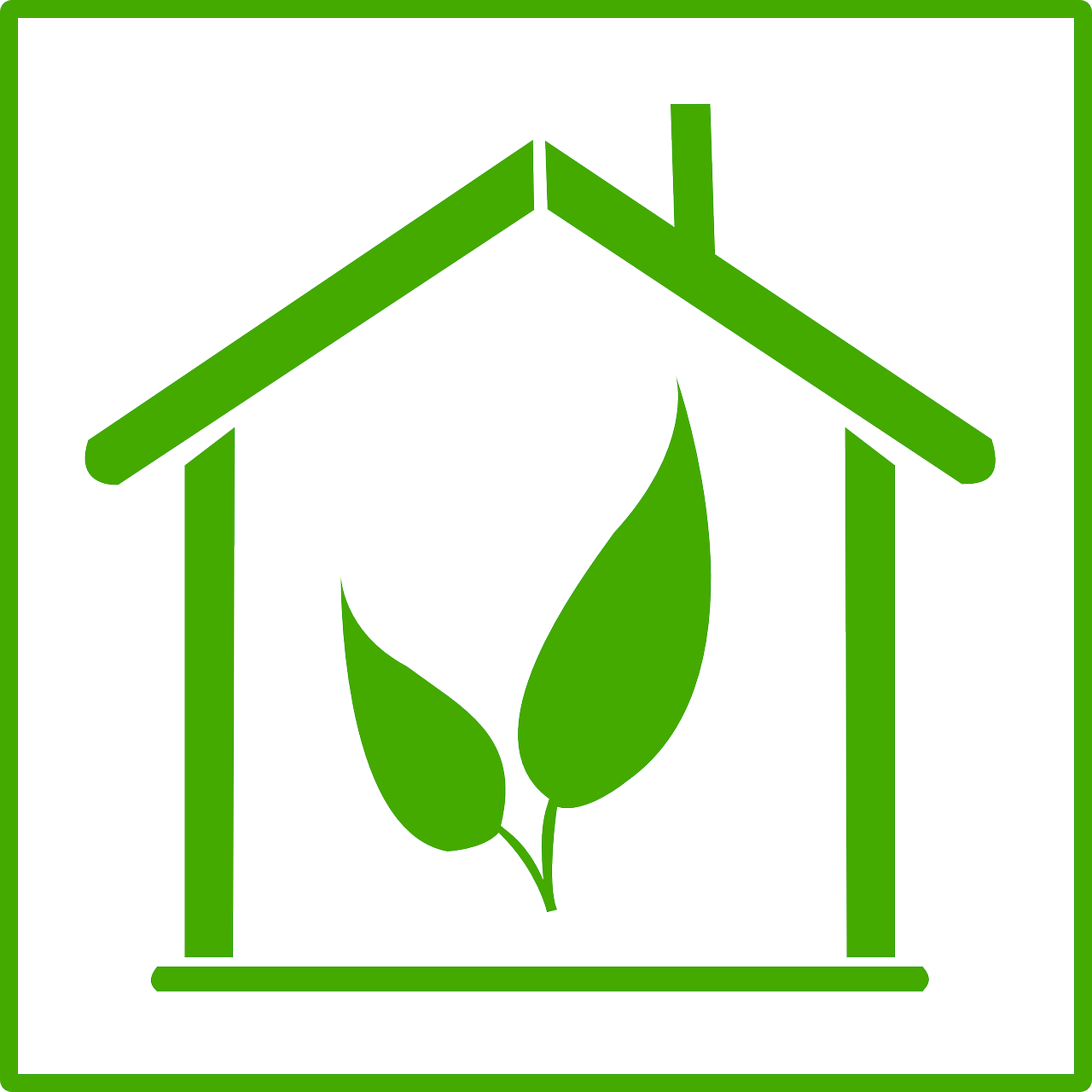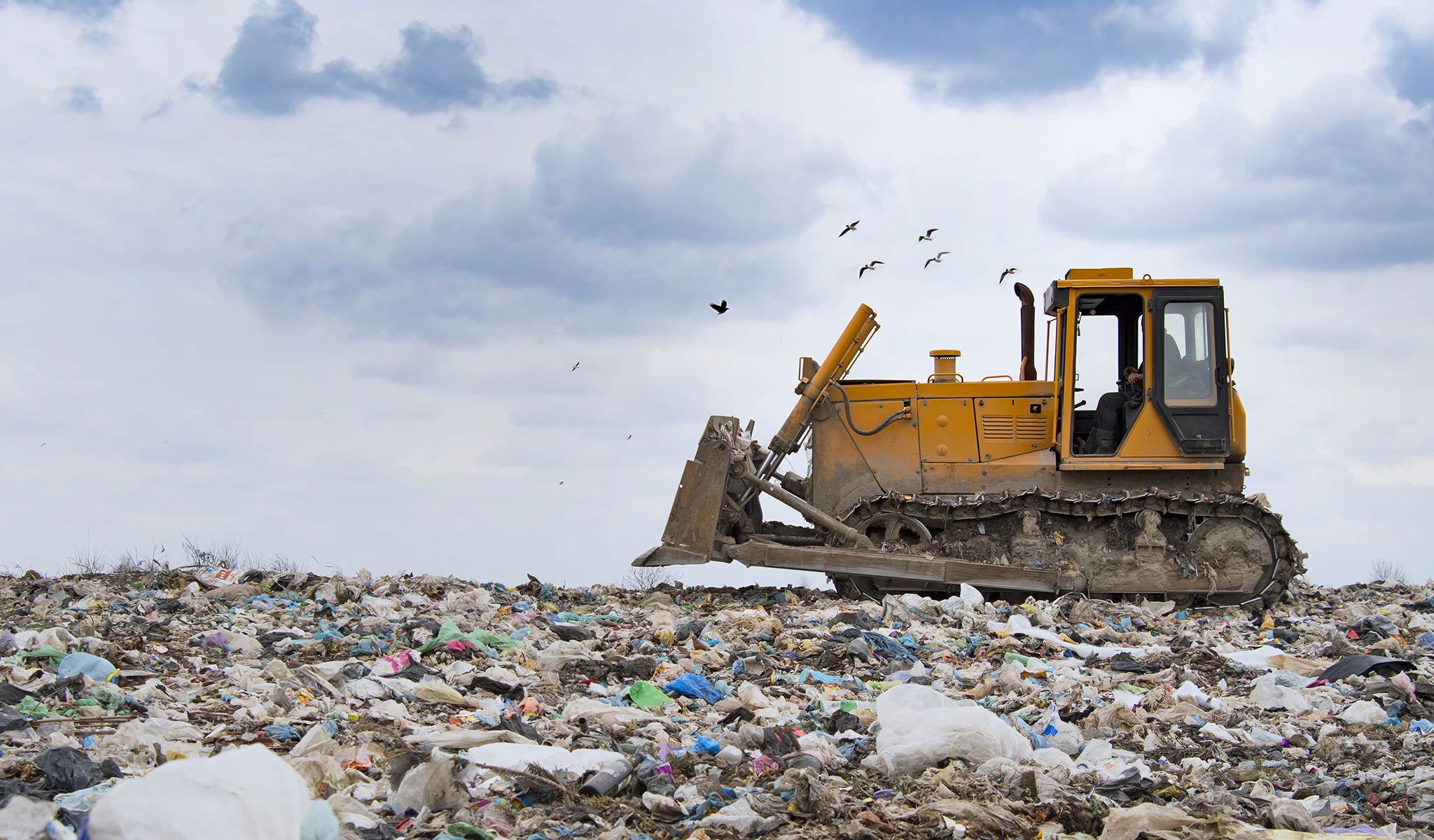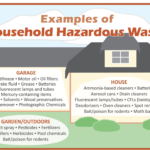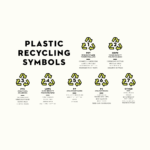17 Eco-friendly Ways to Completely Renovate Your Home
Renovating your home in an eco-friendly manner is not only beneficial for the environment but can also save you money in the long run. Here are 17 eco-friendly ways to completely renovate your home:
- Energy-efficient appliances: Invest in energy-efficient appliances such as refrigerators, washing machines, and dishwashers. Look for appliances with the ENERGY STAR label, as they are designed to consume less energy.
- Solar panels: Consider installing solar panels on your roof to harness clean and renewable energy. Solar power can significantly reduce your reliance on traditional energy sources.
- Energy-efficient windows: Replace old, inefficient windows with energy-efficient ones. Look for windows with double or triple glazing, low-emissivity coatings, and proper insulation to improve energy efficiency.
- LED lighting: Replace traditional incandescent light bulbs with energy-efficient LED bulbs. LED lights use less energy, last longer, and provide better lighting quality.
- Insulation upgrades: Improve your home’s insulation to reduce energy consumption for heating and cooling. Insulate walls, roofs, and floors using eco-friendly materials such as cellulose, recycled denim, or natural wool.
- Water-saving fixtures: Install low-flow faucets, showerheads, and toilets to minimize water usage. These fixtures can significantly reduce water consumption without compromising performance.
- Sustainable flooring: Choose eco-friendly flooring options such as bamboo, cork, reclaimed wood, or recycled materials. These options are durable, renewable, and have a lower environmental impact.
- VOC-free paint: Use low or zero Volatile Organic Compound (VOC) paint for your walls. VOCs are harmful chemicals that can be released into the air, contributing to indoor air pollution.
- Salvaged or reclaimed materials: Incorporate salvaged or reclaimed materials into your renovation. This could include reclaimed wood, vintage fixtures, or repurposed items, reducing waste and giving your home a unique character.
- Rainwater harvesting: Install a rainwater harvesting system to collect rainwater for non-potable uses like watering your garden or flushing toilets. This reduces the strain on municipal water supplies.
- Sustainable landscaping: Choose native plants for your landscaping as they require less water and maintenance. Incorporate rain gardens or permeable surfaces to manage stormwater runoff.
- Composting system: Implement a composting system in your kitchen or garden to reduce organic waste. Composting turns food scraps and yard waste into nutrient-rich soil for your garden.
- Smart thermostats: Install programmable or smart thermostats to optimize energy usage for heating and cooling. These devices allow you to set temperature schedules and adjust settings remotely.
- Efficient HVAC system: Upgrade to an energy-efficient heating, ventilation, and air conditioning (HVAC) system. Look for systems with high Seasonal Energy Efficiency Ratio (SEER) ratings to reduce energy consumption.
- Natural cleaning products: Switch to natural, non-toxic cleaning products that are safe for the environment and your health. You can find eco-friendly options or even make your own cleaning solutions using ingredients like vinegar, baking soda, and lemon.
- Water filtration systems: Install water filtration systems to purify tap water, reducing the need for bottled water. This reduces plastic waste and saves money in the long run.
- Smart home technology: Utilize smart home technology to monitor and optimize energy usage. Smart thermostats, lighting systems, and energy monitoring devices can help you track and reduce your energy consumption.
By incorporating these eco-friendly practices into your home renovation, you can create a more sustainable living environment while minimizing your ecological footprint.





